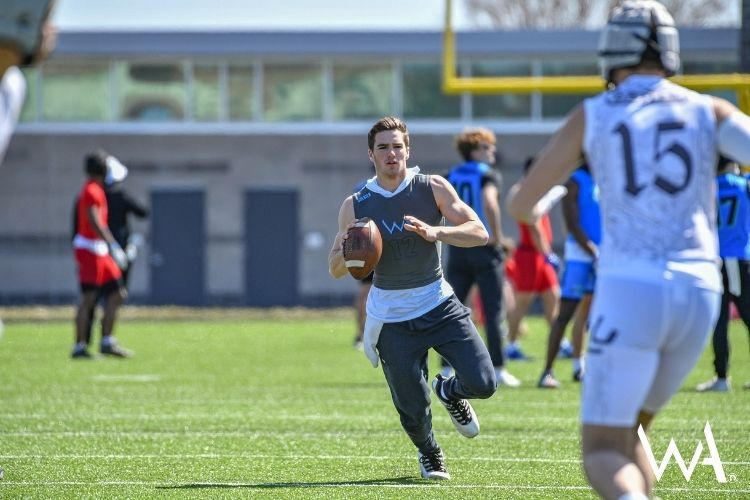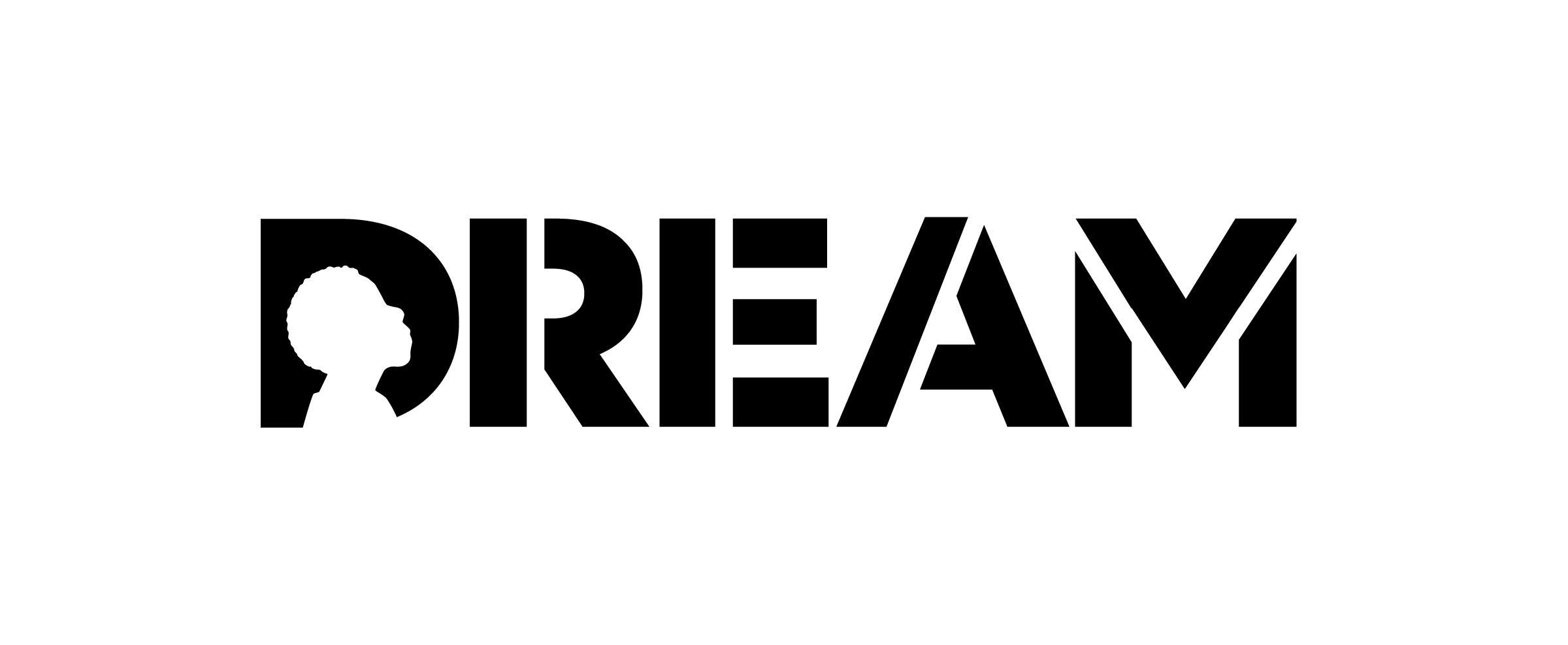
As the new school year starts up this week in Omaha, high school athletes are gearing up to tackle a dual challenge: balancing their academic commitments with their passion for sports. Being a student-athlete is not an easy task. Balancing athletics and school can be physically and mentally draining. However, it’s important that student-athletes are doing what they can to excel at both. In this blog, we will delve into effective strategies for high school-aged athletes to successfully manage their schedules, excel in both academics and athletics and make the most of their school year.
Prioritize time management
Time management is the cornerstone of achieving balance between academics and athletics. High school athletes should create a weekly schedule that allocates dedicated time blocks for classes, homework, training and practice. Utilizing tools like planners or digital apps can help athletes stay organized and avoid last-minute cramming. By establishing a clear routine, athletes can efficiently allocate time to each aspect of their life and avoid feeling overwhelmed.
Set realistic goals
Setting achievable goals is crucial for high school athletes striving to excel in both areas. Academic and athletic goals should be specific, measurable and attainable. Break down larger goals into smaller milestones to track progress and celebrate accomplishments. This approach fosters a sense of accomplishment and motivates athletes to continue pursuing excellence in both academics and athletics.
Communicate with coaches and teachers
Open communication is essential to successfully manage the demands of academics and athletics. High school athletes should establish clear lines of communication with their coaches and teachers. Informing coaches about important academic deadlines allows for better planning of training sessions and practices. Likewise, discussing athletic commitments with teachers can lead to better understanding and potential accommodations, creating a supportive environment for academic success.
Embrace efficient study techniques
Efficient study techniques can help high school athletes optimize their learning while leaving time for sports. Implementing strategies such as the Pomodoro Technique (focused study intervals followed by short breaks), active reading and organized note-taking enhances learning retention and reduces study time. By studying smartly, athletes can maintain strong academic performance without sacrificing their athletic pursuits.
Make use of downtime
High school athletes can capitalize on downtime during practices, games or commuting to optimize their academics. Reviewing notes, listening to educational podcasts or completing assignments during travel can help them stay on top of schoolwork. These small efforts add up and contribute to managing their academic load more effectively.
Practice self-care
Balancing academics and athletics requires self-care. High school athletes should prioritize sleep, nutrition and stress management to maintain physical and mental well-being. A well-rested and nourished body functions optimally, allowing athletes to excel in both areas. Incorporating relaxation techniques, such as mindfulness or deep breathing, helps manage stress and maintain focus.
Navigating the delicate balance between academics and athletics is a significant challenge for high school athletes. By mastering time management, setting realistic goals, communicating effectively, adopting efficient study techniques, utilizing downtime and practicing self-care, athletes can thrive in both aspects and make the most of their upcoming school year.


